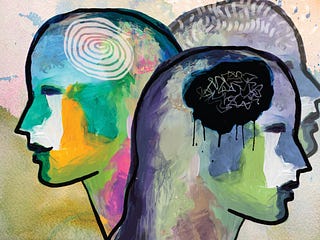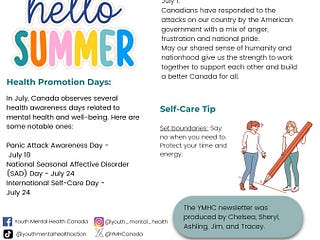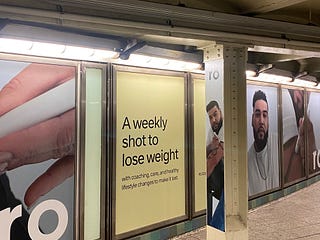Lyn Yexley makes some great points, and I have something to add to underline all that was shared. After my son has been on ADHD drugs, I'm wondering how much of this is brought on by improper diet and processed foods. Some background is needed: my former is a nurse and believes there is a pill for everything, I believe food is our medicine. The diet my kids had was mostly takeout, as evidenced by the overflowing trash bins in the driveway. The first time they had Thanksgiving with me, I had invited a friend and her 2 kids - they mentioned they never had everyone sitting at the same table. Enough of that. My kids arrived for their annual month-long stay, and I had discovered before their arrival that my son was taking a prescription for ADHD. I asked my daughter what she was witnessing about her brother - figety, attention always drifting, not sleeping regularly (many times up all night on the PC only to sleep all day in classes). Took his prescription from him upon arrival, we went on a disciplined diet and regimen. 3 meals a day, NO processed foods, no soda, no power drinks, nothing but fresh from the farmers market and nearby farms, fresh milk, and water. We went for a brisk walk every evening and spent the mornings outside for about an hour. TV was limited to 1-2 hours, PC for 1 hour, everyone to bed by 11, no electronics (their phones were kept in my BR). We went to a bookstore to buy whatever books they wanted (I dealt with quality reading later). After just 3 days, my daughter shared she already noticed a difference. After week 1, he was convinced and wanted to learn to cook. His skin tone changed, his eyes cleared, his focus was sharp, and his thinking was even sharper. And no nervous habits. When they went home, he made the mistake of telling his mother what transpired, and she blew a gasket. He eventually hid his prescriptions and tossed his daily dosage down the toilet. He went on to learn how to cook for a career - none of it involving processed foods.
We are programmed by our education system and our medical system, and all taht was flipped on its head by Andrew Carnegie and John D Rockefeller in the 1910s. JDR needed to recoup his lost Standard Oil empire and discovered he could use petrochemicals in pharmaceuticals. Carnegie hired Abraham Flexner to do a study on how to convert the medical industry. JDR and Carnegie used Flexner's report to change both the education and medical professions within a decade. Medical colleges either complied or would not receive their liberal funding. The number of medical schools dwindled. The number of medical schools declined from 190+ in 1912 to 76 in 1930, with the number of physicians per 100,000 capita decreasing from 157 in 1900 to 125 in 1930. The number of medical students decreased in parallel, from 28,142 in 1904 to 13,798 in 1920. Plain and simple - they made medical school expensive to attend, and the hospitals not following their 'recommendations' saw their financial backing dry up.
Fast forward to the last 15 years, more than 100 natural remedy doctors have suddenly died, all under very suspicious circumstances. Many are reporting threats. Independent doctors are being persecuted by the State Medical Boards for the flimsiest of excuses, the most public of cases being Dr Mary Tally Boden in TX.
The Flexner report - as well as Obamacare - is responsible for everything in the medical industry being expensive for patients (little known fact - Obamacare ceased for the people, hospitals maintain Obamacare in its administration). We are where we are because we have permitted it for more than a century, and Big Pharma is not taking No for an answer. It is our due diligence to make sure that is their problem, not ours.

































































































